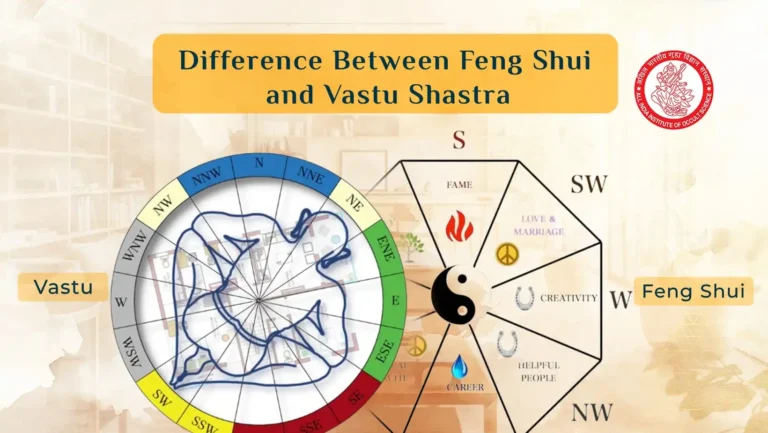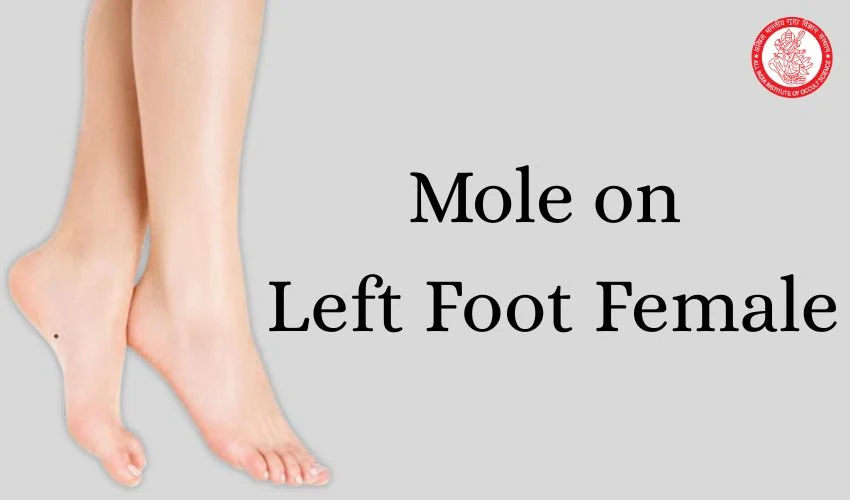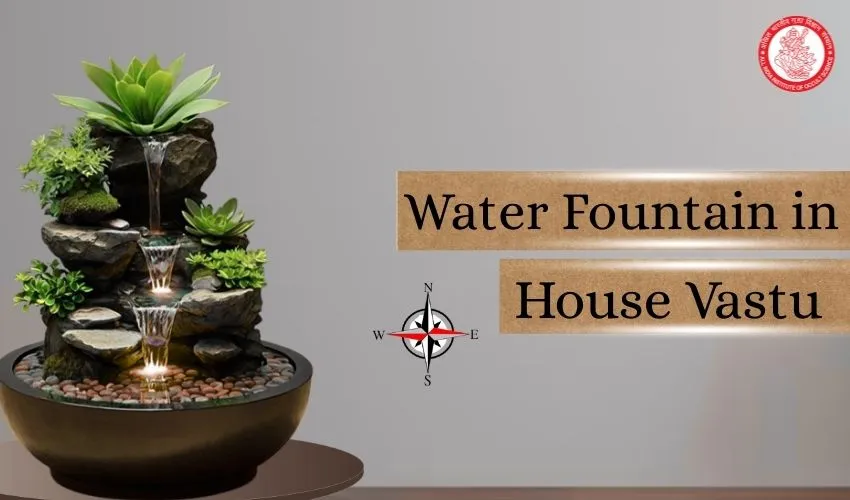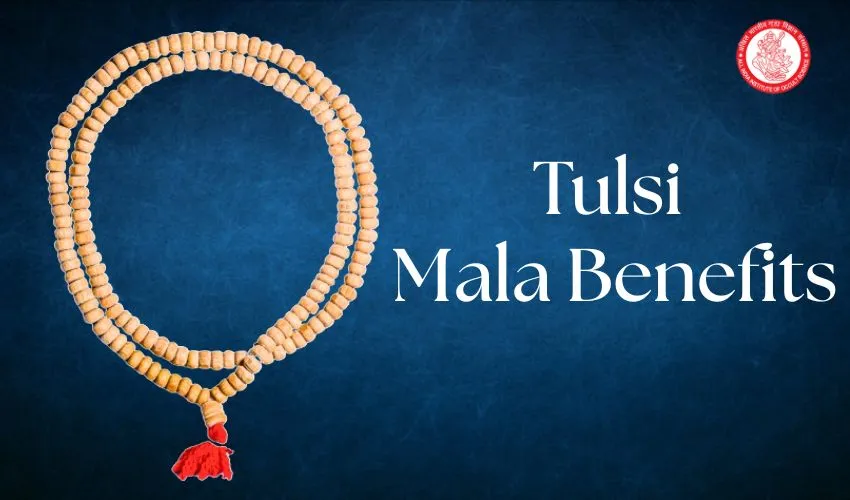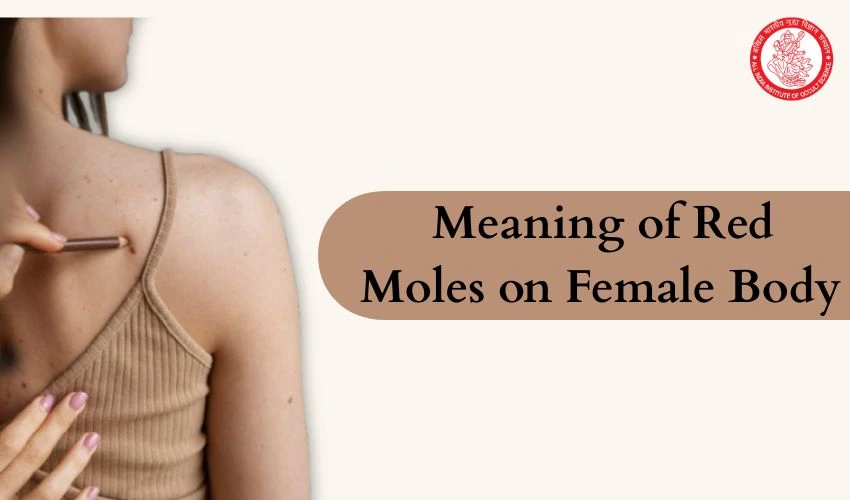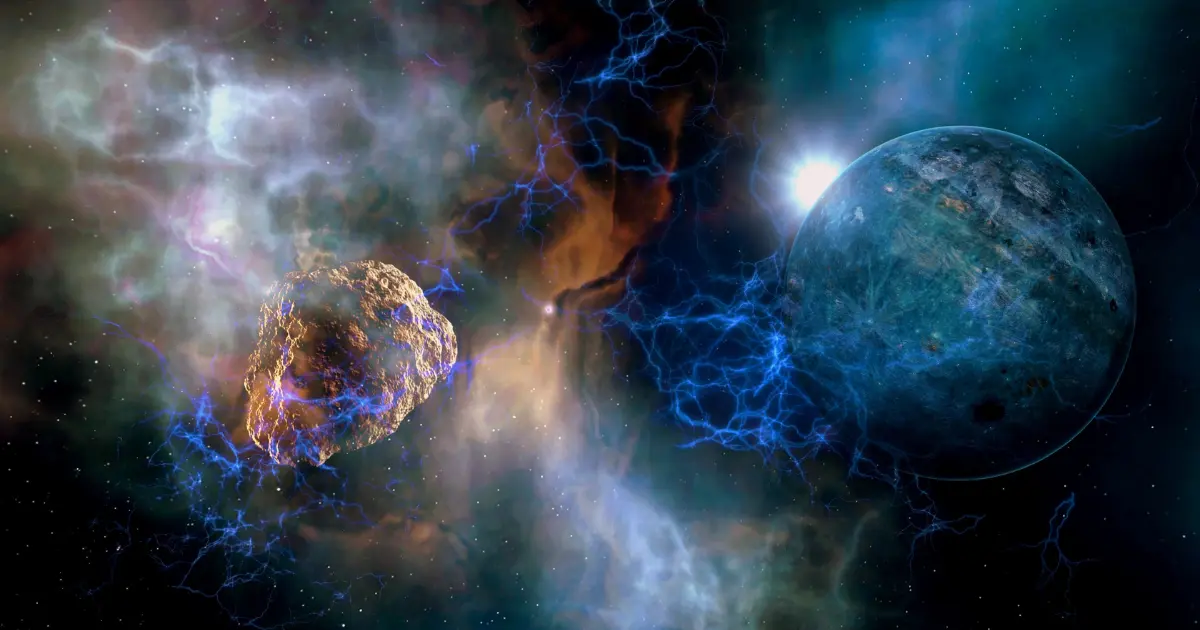Have you ever heard about this term called Feng Shui? It is great if you know about it, but it’s okay if you don’t. Okay, let’s shift to the new term called “Vastu.” I am pretty sure you have heard it and definitely know this term well.
You must be curious why I am suddenly shifting from Feng Shui to Vastu Shastra. Is there any relation between them, or are they different terms? What is the difference between Feng Shui and Vastu Shastra?…dont worry we will you to understand all the things basic things about them in the article given below.
Read Also: Dussehra 2024
What is feng shui and vastu shastra
Feng shui: Feng shui means “the way of wind and water.” It is an ancient Chinese art form in which you learn to arrange buildings and objects in a space to attain harmony and positivity. This art form is very famous in both Chinese and Western culture.
Vastu shastra: Vastu Shastra works on the best blend of the five elements—earth, water, fire, air, and sky—to create the most balanced setting in structure so that you can possess the most positive energies in that area.
Wealthy Vastu, Budget-Friendly Feng Shui
If you have read about the solutions and remedies of Feng Shui, then you must have noticed that they do not involve much breaking and renovating buildings. On the other hand, if you see things in Vastu, they involve changing the structures and significant renovations.
This is one reason why Feng Shui is most adaptive in modern living situations, while people use vastu for standalone houses.
Additionally, the scriptures mention that Vastu was pretty expensive, and only royal people used to afford it. At the same time, feng shui was developed by monks in the East, which made it more practical and cost-effective.
Vastu is a long-lasting practice in which we analyse how buildings relate to nature. When we talk about Feng Shui, it is more about adapting to the changes of the season.
Vastu vs Feng Shui: The Differences
There are many differences that need to be studied to understand vastu and feng shui clearly
Basic Principle: There is logical science behind Vastu Shastra. On the other hand, Feng Shui is based on geographical considerations.
Lifestyle vs. Architecture: Feng Shui focuses on increasing the positivity of your lifestyle energies at home, while Vastu Shastra is more about creating a house that fulfils the guidelines of the perfect vastu.
Most Optimistic Direction: As per Vastu, the North is considered the most auspicious. Meanwhile, according to Feng Shui, the South is most fortunate since it takes advantage of the sun moving from East to West.
Colours: The Vastu Shastra clearly mentions that the walls should be painted with bright colours, while Feng Shui says that a home should be coloured with soothing colours like white, beige, cream, and so on.
Objects Used: There is a big difference in what should be used. Feng Shui says using wind chimes, laughing Buddhas, and bamboo brings positivity. On the other hand, Vastu highlights the use of the tulsi plant or establishing Ganesha idols in the right direction.
Difference between Vastu and Feng Shui is a much-talked topic of the town. But most of us often get confused between them, now we described the difference between them very clearly and hope you get it. but still, if you have any doubt you can ask us in the comment and we will make sure to clear it as soon as possible.
Read Also: blog.occultscience.in
FAQ:
Q1. Are Vastu Shastra and Feng Shui the same thing?
Ans. They are different, though they have many similarities, which can lead to confusion. Vastu is deeply associated with Indian philosophy and ancient texts. In contrast, Feng Shui is related to ancient Chinese practices.
Q2. Which one is better, Feng Shui or Vastu?
Ans. Feng Sui is good, but Vastu is better because it follows the Vedic tradition and scriptures. It is spiritually, scientifically based, and universally acceptable.
Q3. Which is older, Vastu Shastra or Feng Shui?
Ans. Vastu Shastras are much older than feng shui. Vastu shastras are approximately 12,000 years old, and feng shui is 6,000 years old.

